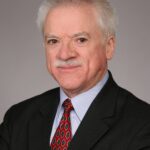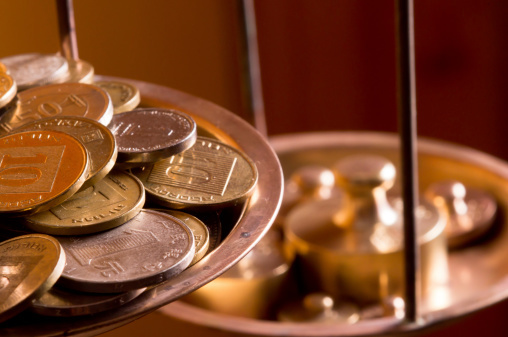Over at a place called The Patriot Post, writer Burt Prelutsky recently posted an amusing if profane piece called “The Dumbing & Numbing of America,” which addresses mostly the topics of legalizing marijuana, gender voting demographics, and political correctness and the Olympics, none of which we care to talk about today.
But if anything shows how dumb Americans can be, it’s a recent Pew Research/USA Today poll purporting to show that 60 percent of Americans think the U.S. economic system “unfairly favors the wealthy.” It would be more accurate to say that the U. S. economic system – if allowed to operate freely – creates more wealth than the alternatives.
Having done so before, we won’t waste time and energy pointing out once again the differences between wealth and income. Instead, we’ll make just a few simple points that may be easier to grasp.
First, any kind of economic system – mercantilism, unrestrained capitalism, a regulated market, socialism, communism – will “unfairly” favor “the wealthy” because – wait for it – “the wealthy” will by definition be the ones who wind up having the wealth. Regardless of how you start, once you earn it, steal it, inherit it, or have the government take it from somebody else and give it to you and your friends, then you have material wealth and you are “wealthy” – at least for the moment.
Chances are, if you didn’t earn it through hard work, thrift, and making better rather than worse choices about things like marriage, education, a socially useful career, the number of children you have, and whether to commit crimes and do drugs, you won’t keep it very long. But saying that the U. S. economic system unfairly favors the wealthy is simply oxymoronic, because whoever the system favors will – by definition – wind up with more wealth.
Second, the only way to permanently rid a society of a “gap” in either wealth or income is by making everybody equally poor. If nobody has any more wealth than anybody else, then nobody can be “wealthy.”
You want a new pair of hiking boots or a new car? Sorry, not unless you buy enough for the whole class. And in this case “class” means everyone – because otherwise you will be wealthier than someone else and things will be unequal. You want a 10% raise? Then everybody else must get one too. But the price of everything will suddenly go up 10% on average, too, because everyone who wants those things will have 10% more in bitcoins with which to buy them, so your raise won’t really be worth anything. So both absolutely and in relative terms you’ll still be as poor (or wealthy) as you used to be.
President Obama’s current lament that income inequality has “stalled” upward economic mobility therefore makes little sense, because without inequality there’s no higher place to go. Think about it: Most poor people want to move up the economic ladder, we presume. But as they move up, they become wealthier, which necessarily increases the amount of inequality between them and whoever is now below them. And if their moving up gives their children a better start in life, then their children may move even higher up the scale, which will again increase inequality compared to those who don’t.
The truth of the matter is that redistribution of wealth in the name of equality is just feel-good happy talk that benefits no one but professional politicians. Its premise is to buy votes based on envy and resentment while creating more of both. Redistribution of wealth makes no financial or economic sense for the people as a whole, but it lets members of the political class fly around in Air Force One and get ambassadorships to Norway.
In the end it always breaks down, but not before causing needless misery and loss of freedom. Just ask the survivors of the Soviet gulag or Pol Pot’s regime, or the starving people of North Korea.
Or someday soon, perhaps, your next door neighbor.




